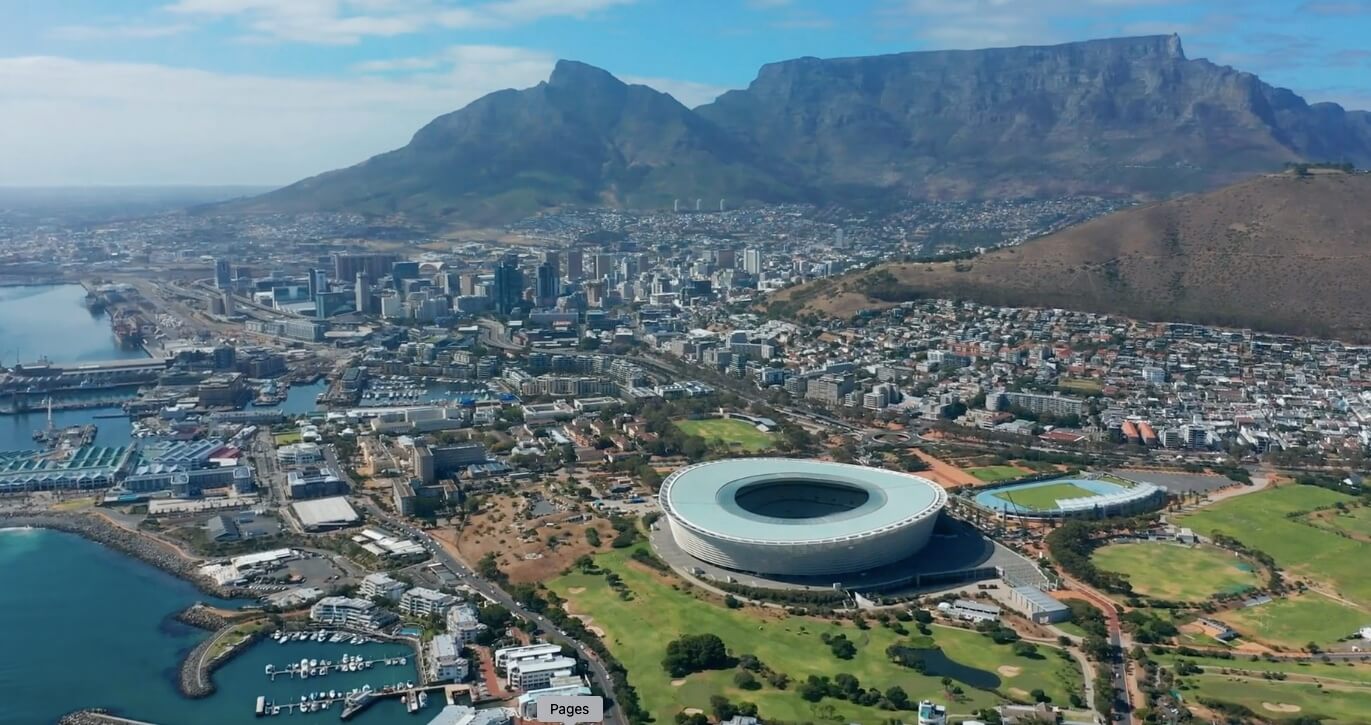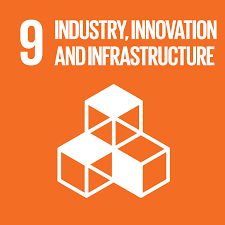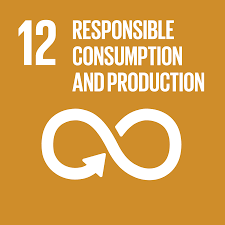Action and Aims
Cape Town was facing Day Zero – when there would be no water for the residents or businesses – and, among other issues, how the lack of water would impact food supply and security. The City took action to develop a plan to prepare for the impact and challenges of climate change and practices to ensure a thriving food system is maintained.
When was it introduced
In 2019, following a three-year drought. This was a response to a broader range of interdependent risks and uncertainties, where food insecurity was one area of potential crisis.
Why was it needed
Cape Town was forced to confront a range of system-wide challenges posed by one-time shocks and continuous stresses. Three years of dramatically low rainfall presented the possibility of Cape Town running out of water, causing significant disruption across a wide variety of city systems, especially related to food systems. Through a comprehensive societal response, the worst-case scenario was avoided. The drought did however highlight the city’s vulnerability to shocks and stresses, particularly those connected to climate change.
Extreme climatic events are expected to become more frequent and intense in the future. The experience offered much to reflect on when considering the broader resilience challenges of Cape Town – and not just in relation to water supply. For example, where Capetonians are already living with food insecurity, the negative effects of a disaster are compounded.
Who initiated it, who is involved
In March 2017, Cape Town’s first Chief Resilience Officer was appointed, as the City’s main champion of resilience, guiding the development of the Resilience Strategy. The City has committed to a permanent role for this department, with aims to increase the staff complement over time. The Rockefeller 100 Cities Programme funded the establishment of the Resilience Department and provided initial support.
In May 2017, the City held an agenda-setting workshop and in September the Strategy process was launched.
In February 2018, extensive public engagement was held to develop the Preliminary Resilience Assessment (PRA) and the City Resilience Index. Over 11,000 interviews were conducted with Capetonians living in informal settlements, to understand the key shocks and stresses relevant to local citizens. Over 140 thematic experts were engaged in focus groups and interviews. Two community conversations obtained insights into resilience challenges. This process was consolidated in March 2018 with a PRA “bootcamp.”
After being presented to the City, the PRA was publicly launched in September 2018. This laid the foundation for the next phase, during which resilience-building actions and pillars were identified and prioritised.
A collaboration laboratory (CoLab) on water resilience was hosted in Cape Town in September 2018, with stakeholders from Addis Ababa, Los Angeles and Mexico City. This formulated several concrete actions that form part of the Strategy.
Cape Town participated in a data CoLab in New York City in October 2018, along with San Francisco and Greater Manchester, during which tangible data-related resilience actions were formulated. In December, Cape Town benefited from collaboration with other cities at a Network Exchange in Addis Ababa around building resilience in the informal sector in cities. This contributed to the formulation of several actions in the Strategy.
In January to February of 2019, the draft Strategy was produced. This went through a public validation workshops with many of the stakeholders engaged with at the start of the strategy process. The Council approved the Strategy on 22 August 2019 and it was formally launched on 28 November 2019.
A central focus of the Resilience Strategy is the need to partner across government, business, community organisations, academia and households to build collective resilience within the city.
Impacts to date
This strategy implores us to improve our understanding of the interdependencies between shocks and stresses in our city and work on robust programmes to not only ameliorate their effects but find the resilience dividends within our actions.” Craig Kesson, Chief Resilience Officer, City of Cape Town.
“This is a major milestone, offering a bold vision for a Cape Town that is compassionate, connected, capable, and that leverages the collective wisdom of its residents, communities and institutions to respond to current and future challenges.” Dana Omran, Managing Director, 100 Resilient Cities.
Today, Food Insecurity is a significant stress in Cape Town and it has worsened with the COVID-19 pandemic shock event as more people are unable to access fresh and affordable foods to maintain a healthy diet and reduce health-related risks. The city of Cape Town’s Resilience Strategy, coupled with the city’s Food Systems Programme is working together to contribute to food security with proposed short, medium and long-term actions in the food system to combat food and nutrition security, and build resilience in throughout the city.
The city is integrating food into spatial planning and design processes.and looking at food environments in their district planning processes.
Furthermore, the city is looking to develop a disaster risk reduction response plan
It is recommended that the City commence with a pilot food systems programme for a period of two years. Depending on its outcomes, it could be institutionalised as an ongoing programme.



